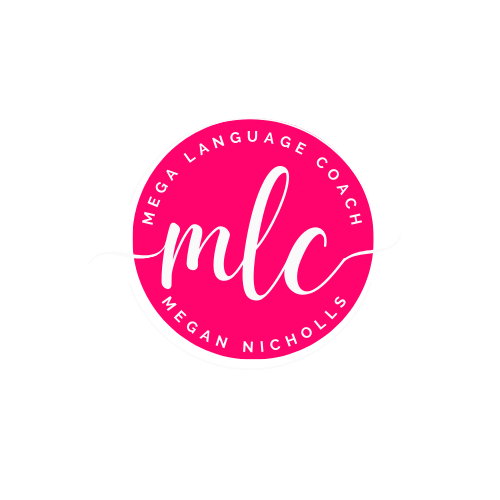Borrowing words and vocabulary from other languages is clearly not a new phenomenon. British people may be found sitting on their sofas (Arabic) wearing pyjamas (Indian) doing yoga (Sanskrit), and they might later eat some sushi (Japanese) or enjoy a yoghurt (Turkish). We occasionally experience feelings of déjà-vu (French) or even schadenfreude (German). However, loanwords are becoming increasingly common in German, and the combination of Deutsch and English results in a new dialect, sarcastically referred to as ‘Denglish’. It is not just the 95 million native German speakers themselves, who must acclimatise to linguistic developments, but also international businesses hoping to communicate with German customers.
Young people in Germany seem to be embracing globalisation and this evolving language so will happily order a ‘cheeseburger’ or a ‘Kaffee to go’ in their local ‘Citycenter’. Some English words have even been borrowed with confusing or alarming effects. For instance, a ‘Handy’ is a mobile phone, where an adjective has been transformed to a noun, and a ‘Shooting’ refers to a film or photoshoot, rather than a crime scene! However, the influence of English and American culture is most prevalent in innovative sectors, such as Technology, Marketing and Business, where employees have no problems ‘einloggen’ into their ‘Computer’ and booking a ‘Meeting’ for the upcoming ‘Outsourcing-Projekte’.
More traditional German speakers and older generations are however appalled by this emerging trend. At present, there is no official government body to preserve the integrity of the German language, like there is in France to limit the use of ‘Franglais’. Nevertheless, some firms and groups have produced guidelines to slow the spread of the hybrid language. For example, in 2013 Deutsche Bahn published of booklet of Anglicised phrases to avoid when interacting with customers, which seems ironic when one of their most famous train services is the ICE (Intercity Express).
With a successful economy and the number of start-ups growing, doing business in Germany could be more advantageous for British companies than ever before. Unfortunately, firms can often underestimate the importance of communicating with foreign clients in their native language, assuming fluent English is spoken globally. The former West German chancellor Willy Brandt emphasised “if I am selling to you, I speak your language. If I am buying, dann müssen sie Deutsch sprechen.” British businesses should of course adapt to modern changes in language, and keep up to date with the latest terminology. When in doubt, seek expert translation and interpreting services, to avoid making a commercial ‘faux pas’. Professional linguists and translators can utilise their specialised subject knowledge and native cultural experiences to produce nuanced, high-quality texts. The ability to localise and even transcreate materials, depending on specific contexts and customer requirements is invaluable in our ever-changing society.

